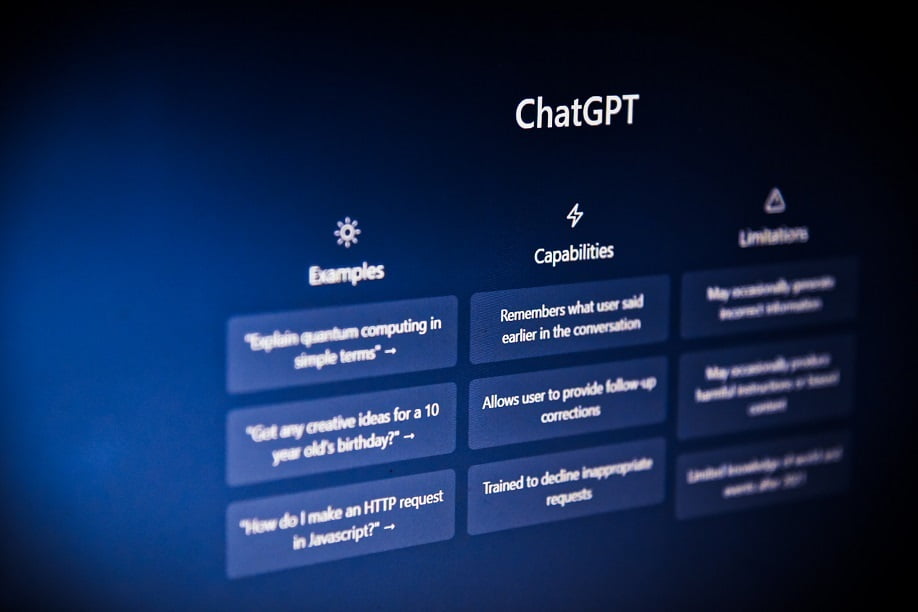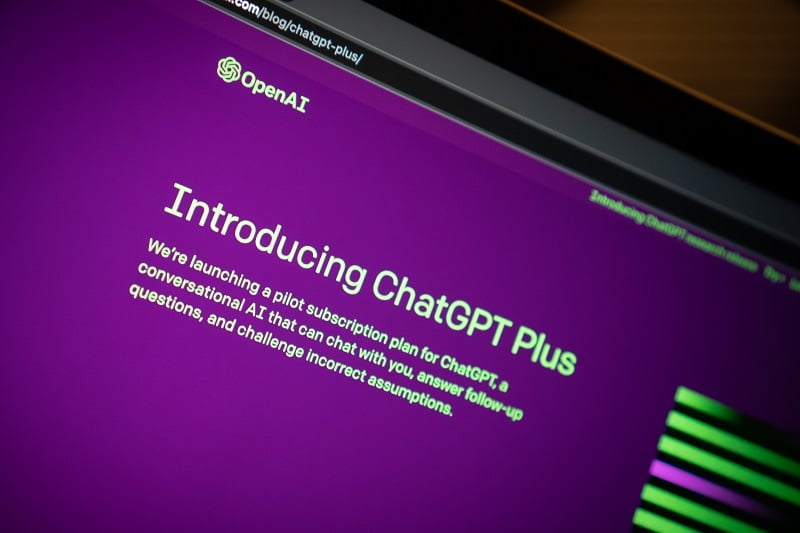
Unraveling the Privacy Issues of the ChatGPT iPhone App
In today’s digital age, artificial intelligence (AI) has become an integral part of our lives. With the introduction of the ChatGPT iPhone app by OpenAI, the company behind ChatGPT, users can now access the power of this AI bot directly from their smartphones. The mobile version of ChatGPT has quickly gained popularity and has become one of the most downloaded free apps on the App Store. However, before you dive headfirst into the app, it’s essential to be aware of the potential privacy risks associated with interacting with the bot.
Imposter apps have been lurking in app stores, attempting to exploit the growing demand for generative AI applications. It’s only natural that OpenAI would want to release its own official app to provide users with an authentic and reliable experience.
The ChatGPT iPhone app is available for free, with an optional paid version that offers additional features (though not necessary for basic usage). This is a significant advantage compared to other AI chatbot apps on the market, which often require expensive weekly subscriptions or may even turn out to be scams. Moreover, the app allows users to interact with ChatGPT using speech-to-text functionality, enhancing the conversational experience.
However, the iOS app comes with an explicit trade-off that users should be mindful of. It’s no secret that ChatGPT sometimes generates responses that may not be entirely accurate or reliable. When you open the app on your phone, you receive a notable warning about sharing personal information: “Anonymized chats may be reviewed by our AI trainer to improve our systems.”

OpenAI’s privacy policy states that when you use their services, personal information included in your input, file uploads, or feedback may be collected. Essentially, this means that if you ask ChatGPT questions containing personal facts or information you’d rather keep private, that data will be transmitted to OpenAI and could potentially be reviewed by a human trainer. This raises significant concerns regarding user privacy.
While OpenAI claims that conversations are anonymized before being reviewed by humans, this process only removes identifying information from the metadata of the file, not the actual content of your prompt. Therefore, if you rely on ChatGPT for sensitive matters such as seeking advice, discussing personal issues, or editing personal documents, these interactions are being sent to and potentially viewed by human reviewers at OpenAI.
The lack of transparency regarding whether OpenAI reads users’ conversations, coupled with the absence of an opt-out option, is disconcerting. While it’s impossible for the company to review every conversation from every user, it’s crucial to keep this in mind as you continue to use the app.
The portability of the ChatGPT iPhone app means that users are more likely to access it throughout the day, interacting with it based on daily experiences, questions from friends or family, or references to their surroundings. This increased frequency of usage on portable devices creates a different dynamic compared to sitting down and casually exploring ChatGPT on a laptop. Consequently, users may unintentionally disclose more personal information than intended, putting their privacy at risk.
It’s important to clarify that we’re not suggesting ChatGPT is actively spying on users or engaging in malicious activities to steal their information. However, it is crucial to exercise caution and be mindful of the information shared during conversations with the bot. Artificial intelligence is still an evolving technology, and we should approach it with prudence until we are more familiar and comfortable with integrating these chatbots into our daily lives. Even the founder of OpenAI, recognizing the potential risks, advocates for regulation of AI technology. This cautionary approach is advisable for all users.
In conclusion, the ChatGPT iPhone app brings the power of AI directly to your fingertips. Its popularity is a testament to the growing demand for conversational AI interfaces. However, it’s essential to be aware of the privacy concerns associated with using the app. OpenAI’s collection of personal information and the potential for human review of anonymized conversations highlight the need for caution when sharing sensitive or personal information. As AI technology continues to evolve, it’s crucial for both users and developers to prioritize privacy and establish clear guidelines to protect user data and ensure a safe user experience.



